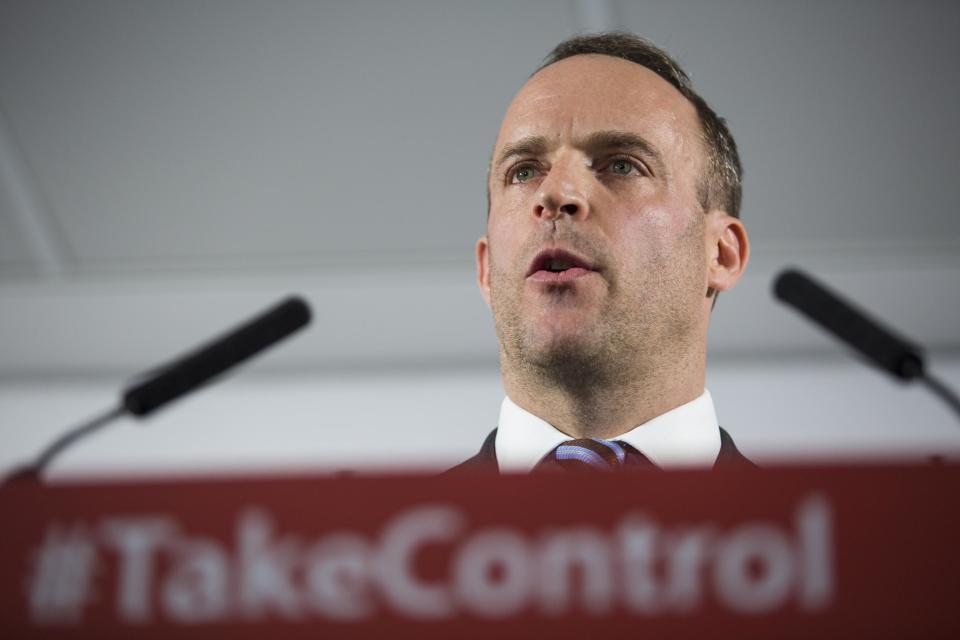UK judges will have to keep 'half an eye' on European Court of Justice legal decisions after Brexit

British judges will have to keep “half an eye” on legal decisions made by the European Court of Justice, after Brexit a minister has admitted.
Dominic Raab said it would “make sense” for UK courts to take account of EU case law in the future to keep track of how it diverges from British courts.
It comes as the Government is set to publish a paper which critics have claimed heralds a watering down of Theresa May’s pledge to end the jurisdiction of the European Court in Britain.
The Justice Minister’s words also follows calls from the UK’s most senior judge for the Government to give greater certainty over how the British judiciary should treat rulings from the ECJ.
Mr Raab told BBC Radio 4's Today programme: “What I'm suggesting is that our commitment as a Government since the referendum has been crystal clear – we're ending the jurisdiction of the European Court over disputes between the EU and the UK, that's not on the table.
“But look, let's also be clear about it - when we leave the EU we are taking back control over our laws. There will be divergence between the case law of the EU and the UK, and it is precisely because there will be that divergence as we take back control that it makes sense for the UK to keep half an eye on the case law of the EU, and for the EU to keep half an eye on the case law of the UK.”
His words may not sit well with Lord Neuberger who has demanded the Government give greater certainty over how judges treat ECJ decisions after Brexit.
The President of the Supreme Court said ministers risk creating a situation in which judges are blamed for “making up the law” because Parliament failed to.
A paper being published by Brexit Secretary David Davis's Department for Exiting the EU on Wednesday will see the Government pledge to only end the “direct” jurisdiction of the ECJ.
It is being seen as a U-turn by opponents who point out that in speeches in 2016 and 2017 Ms May pledged to end the court’s jurisdiction outright.

 Yahoo News
Yahoo News 